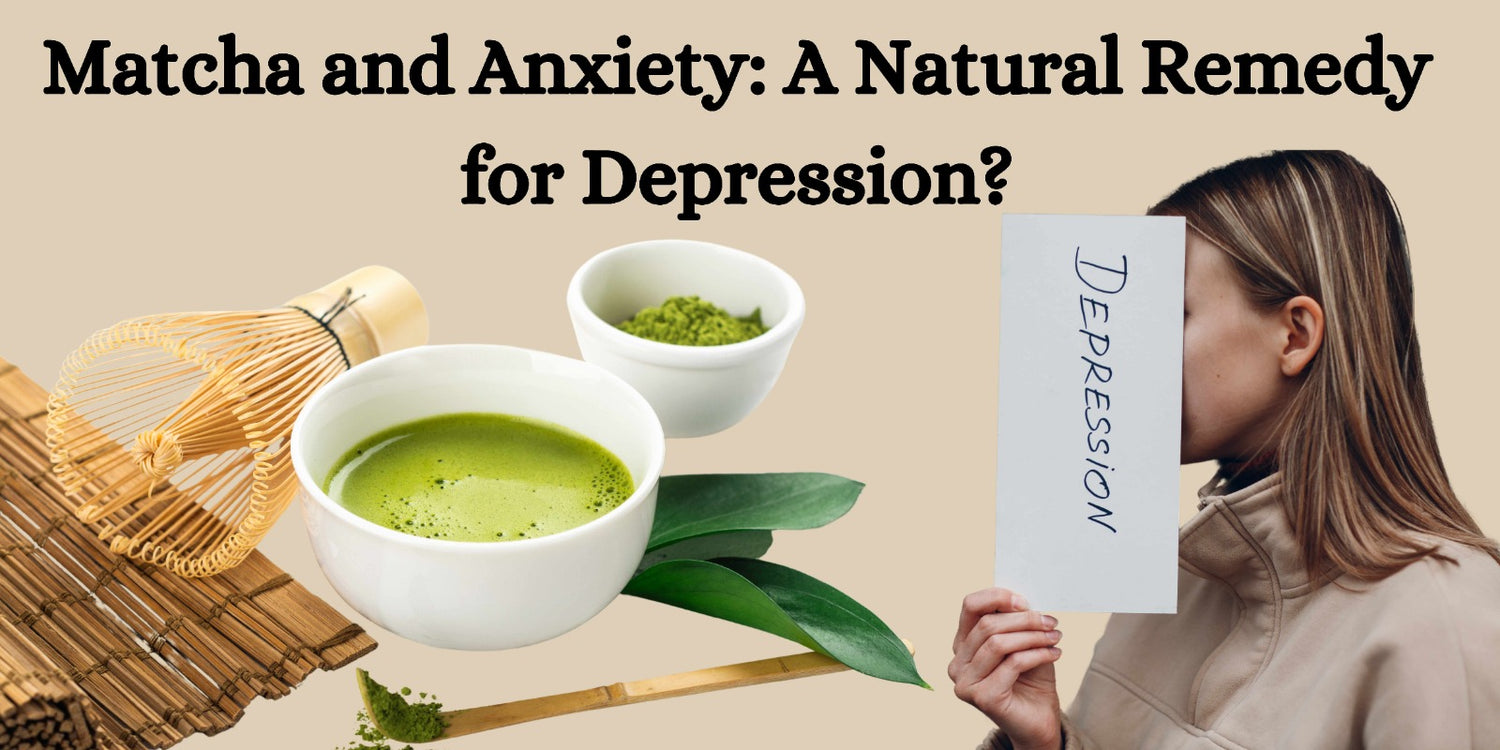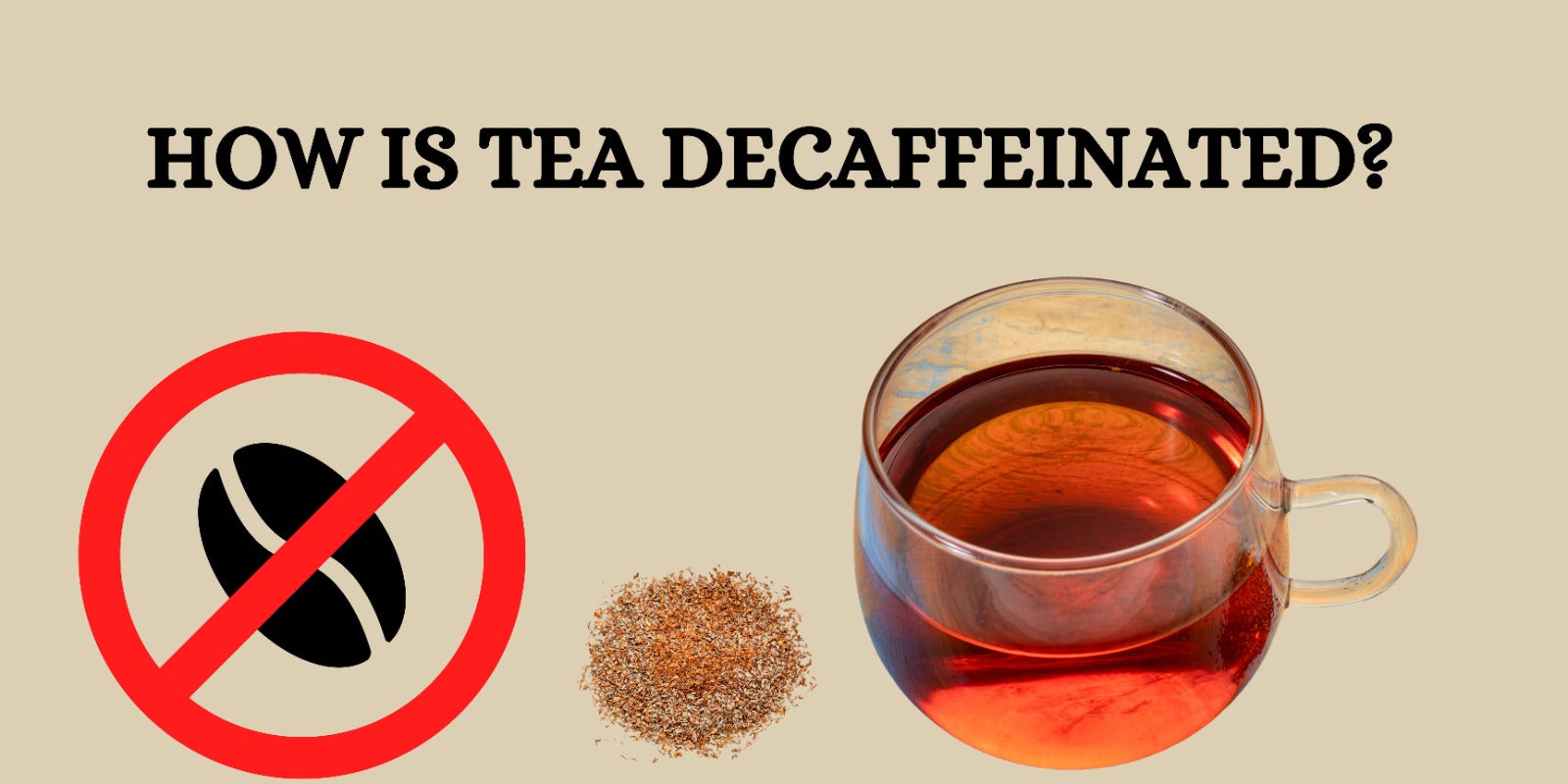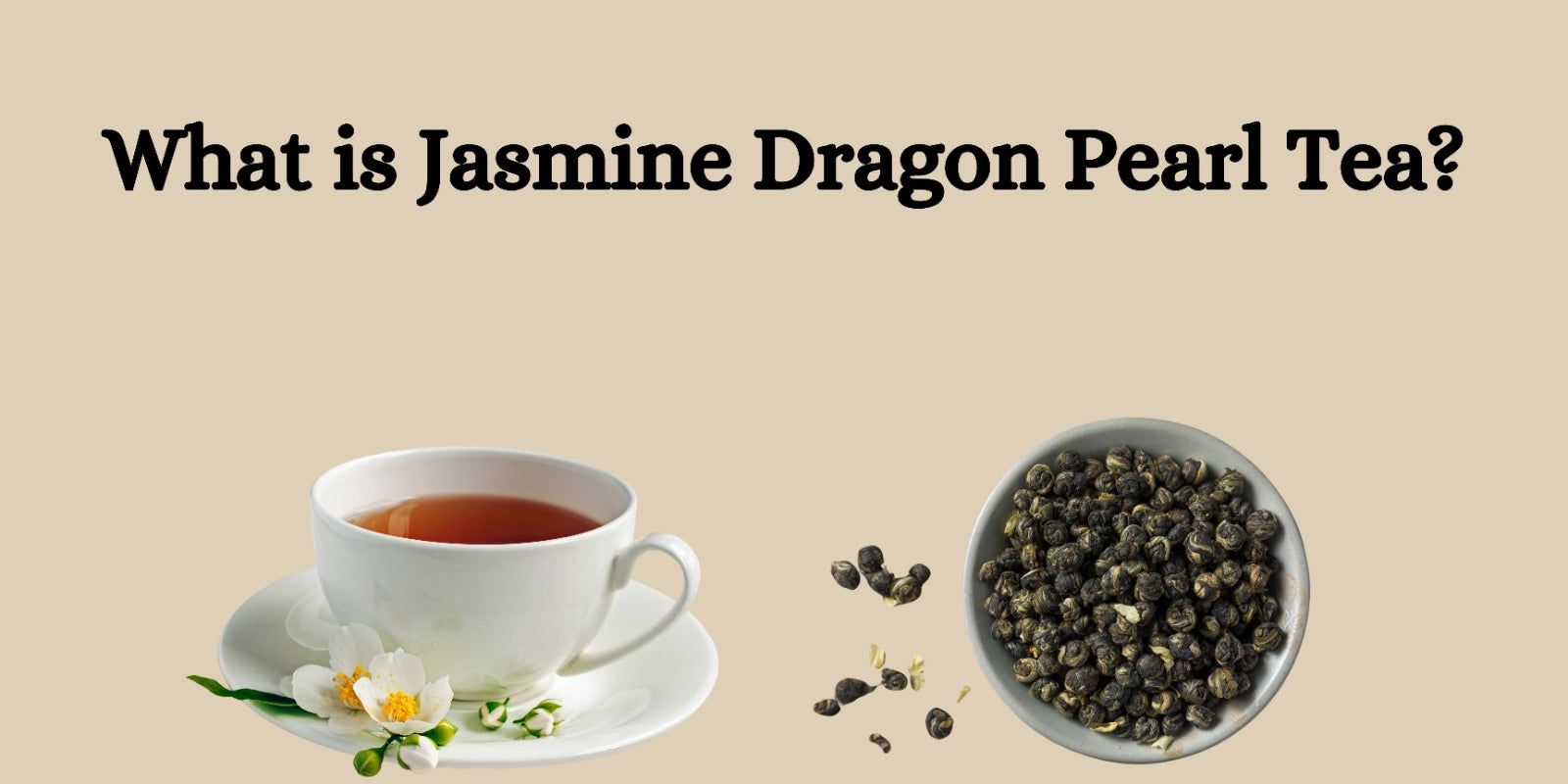In recent years, the conversation around natural remedies for mental health concerns has gained momentum, with a spotlight on the connection between matcha and anxiety. This vibrant green powder, derived from finely ground green tea leaves, is celebrated not only for its unique flavor and ceremonial importance in Japanese culture but also for its potential benefits in managing depression and anxiety. As modern lifestyles increasingly contribute to stress and mental health issues, the quest for natural solutions has become more relevant than ever. Exploring how matcha could play a role in this context presents an intriguing avenue for those seeking alternatives to conventional treatment options.
This article delves into the scientific mechanisms behind matcha's impact on depression, highlighting the key components responsible for its mental health benefits. You'll discover clinical research findings that shed light on how matcha could alleviate symptoms of anxiety and depression, offering hope and a new perspective to those affected. Furthermore, practical tips on incorporating matcha into your lifestyle for improved mental wellness are provided, aiming to empower you with knowledge and tools to enhance your mood and overall well-being. Whether you're a longtime matcha enthusiast or new to the concept, this exploration into matcha and anxiety could be the beginning of a rewarding journey toward better mental health.
The Science Behind Matcha's Impact on Depression
Understanding Dopamine's Role in Mood Regulation
Dopamine, a neurotransmitter in the brain, plays a critical role in regulating mood and emotions. Decreased dopamine function has been linked to symptoms of depression. Studies using postmortem brain analysis and positron emission tomography (PET) have shown reduced dopamine D1 receptor function in individuals with major depressive disorder. This reduction in dopamine activity is thought to contribute significantly to the development of depression.
Matcha’s Potential to Activate the Dopaminergic System
Research indicates that Matcha tea powder could potentially enhance dopamine function. This is suggested by studies where Matcha tea improved anxiety-like behavior in mice through the activation of dopamine D1 receptor signaling. Such activation is crucial as it could mimic the therapeutic effects seen in antidepressant treatments, which often aim to increase dopaminergic activity in the brain. The antidepressant-like effects of Matcha were further supported by a study using the tail suspension test in socially isolated mice, highlighting Matcha's potential to modulate mood-related behaviors through this mechanism.
Comparative Analysis: Stress-Resistant vs. Stress-Susceptible Responses in Mice
Experimental findings show varying responses to Matcha tea powder in different strains of mice, which may mirror individual differences in depression among humans. In C57BL/6J mice, known for higher stress susceptibility, Matcha tea significantly increased activity in the prefrontal cortex and nucleus accumbens—key regions involved in mood regulation. This was correlated with a decrease in depression-like behavior, as indicated by reduced immobility time. Conversely, BALB/c mice, which are less prone to stress, did not show these changes, suggesting that the effectiveness of Matcha in activating the dopaminergic system may depend on the inherent stress susceptibility of the individual.
Key Components of Matcha Beneficial for Mental Health
L-Theanine: The Amino Acid Promoting Relaxation and Well-being
L-Theanine, primarily found in matcha, crosses the blood-brain barrier to influence brain activity, promoting the production of calming neurotransmitters such as serotonin and gamma-aminobutyric acid (GABA). This leads to reduced stress and anxiety levels without inducing drowsiness. The synergistic interaction of L-Theanine with caffeine in matcha enhances cognitive function and sustains focus, offering a tranquil state conducive to restful sleep.
Antioxidants and Neuroprotective Properties
Matcha is rich in antioxidants, including catechins and epigallocatechin gallate (EGCG), which protect cells from oxidative stress and may delay neurodegenerative diseases. EGCG, in particular, has been shown to enhance cognitive function, improve insulin sensitivity, and reduce neuroinflammation, thus preventing neuropathologies related to neurodegenerative diseases. The high antioxidant potential of matcha, characterized by its content of polyphenols and vitamin C, supports brain health and cognitive function.
Synergistic Effects of Catechins and Caffeine
The combination of catechins and caffeine in matcha contributes significantly to its mental health benefits. Caffeine increases alertness and enhances cognitive performance, while catechins, particularly EGCG, offer neuroprotective effects against neurological disorders. Together, they work to improve cognitive function, enhance memory, increase focus, and reduce anxiety and stress. This unique blend provides a sustained energy release, promoting a calm and focused state of mind.
Clinical Research and Its Implications
From Mice to Humans: Translating Research Findings
Clinical research on matcha and its impact on depression has primarily been conducted using animal models, particularly mice. Studies have shown that matcha tea powder may help ease depression and boost mood and mental performance by activating dopaminergic neural networks and improving depressive symptoms in mice that previously experienced stress from social isolation. The findings suggest that regular matcha consumption could improve anxiety-like behavior in lab animals by activating dopamine function via dopamine D1 receptor signaling. However, experts caution that while these results are promising, there are significant physiological differences between mice and humans that could affect how matcha impacts depression in people.
Potential for Integrating Matcha in Depression Treatment Regimes
The bioactive compounds in matcha, such as caffeine, theanine, and catechins, have been linked to various benefits for cognitive function, suggesting a potential role in depression treatment regimes. Caffeine, a psychoactive stimulant, has been reported to increase alertness and enhance cognitive performance. Theanine is known to influence neurogenesis and cognitive function positively, and EGCG, the main catechin in matcha, has demonstrated potential neuroprotective effects against neurological disorders. These compounds could offer a complementary approach to traditional antidepressants, which often have side effects and can lead to resistance.
The Gap in Research: Needed Human Clinical Trials
Despite the promising findings from animal studies, there is a significant gap in research regarding the direct impact of matcha on human depression. The mechanisms responsible for the properties of matcha tea have not been sufficiently explored, and the optimal dose and duration of use to prevent or treat depression in humans have not been established. Experts emphasize the need for more extensive research, including human clinical trials, to confirm the hypothesized beneficial effects of matcha tea on human health. Until such research is conducted, it remains unclear whether matcha is effective in altering moods in humans, and individuals are advised to consult their doctor before using matcha or any other natural remedy to manage symptoms of depression.
Incorporating Matcha into Your Lifestyle for Mental Wellness
Practical Ways to Include Matcha in Daily Routine
- Start your day with a cup of matcha tea to boost your mood and mental performance. The natural compounds in matcha act on serotonin and dopamine systems in the brain, offering a balancing effect that may enhance cognition.
- Matcha powder promotes relaxation and sustained energy. Consider incorporating it into your morning routine for a positive outlook and reliable energy throughout the day.
- To avoid the jittery effects of caffeine, matcha contains L-theanine, which calms the brain and nervous system. This makes it an excellent choice for those seeking a gentle 'pick-me-up' effect.
- For a higher antioxidant intake, choose matcha over regular green tea. Matcha has a notably higher antioxidant count, beneficial for overall wellness.
Potential Cautions and Considerations
- Despite its benefits, it's important to consume matcha in moderation. Matcha contains more caffeine than green tea, and excessive intake may lead to increased heart rate or other adverse effects.
- High intake of catechins, found in matcha, can cause liver problems, although this is unlikely with normal consumption as food or drink.
- Be mindful of potential contaminants like pesticides and chemicals in matcha. Opting for certified organic varieties can reduce the risk of impurities.
- Individuals with specific health conditions, such as those at risk of anemia or mercury poisoning, may need to consult a healthcare provider before increasing matcha intake.
Beyond Matcha: Holistic Approaches to Managing Depression
- A holistic approach to depression includes a healthy diet, exercise, and talk therapy alongside medication. Whole foods, such as whole grains, vegetables, and lean meats, can influence mood positively.
- Avoiding foods and drinks high in added sugars and caffeine may help stabilize blood sugar levels and mood.
- Exercise is effective in reducing depression by causing biochemical changes in the brain similar to those produced by medication. Regular physical activity can enhance serotonin levels and improve mood.
- Talk therapy, particularly cognitive-behavioral therapy, helps in managing negative thoughts and behaviors contributing to depression. It offers long-term strategies for dealing with depression.
- Integrating other holistic therapies, such as relaxation training, meditation, or yoga, can enhance the mind's positive impact on the body and vice versa, potentially improving symptoms of anxiety and depression.
Conclusion
Throughout this exploration, we've delved into the promising relationship between matcha and its potential to mitigate symptoms of anxiety and depression. The scientific community's interest in matcha underscores its significance, revealing mechanisms through which its components—such as L-Theanine, caffeine, and EGCG—can positively influence mental health. These findings offer not just a glimmer of hope but also a tangible pathway for individuals seeking natural remedies to enhance their mental well-being. By integrating matcha into daily routines, alongside mindful attention to dosage and quality, individuals can potentially unlock a naturally sourced adjunct to conventional mental health treatments.
However, it's crucial to approach matcha's mental health benefits with a balanced perspective, acknowledging the need for further human clinical trials to solidify its role in depression and anxiety management. The journey towards mental wellness is multifaceted, often requiring a combination of dietary, lifestyle, and sometimes medical interventions. As we continue to explore and understand the depths of matcha's impact, it invites a broader conversation on the integration of natural remedies within comprehensive mental health strategies. Embracing matcha as part of a holistic approach may not only illuminate its specific benefits but also contribute to the broader quest for effective, accessible, and gentle means to combat anxiety and depression.




